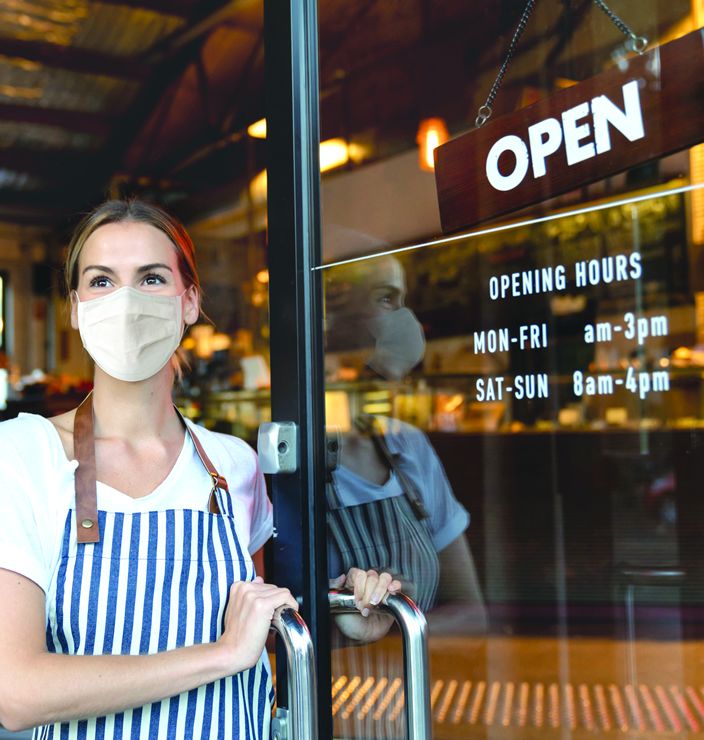
Sydney’s long lockdown is over at last. One of the many changes will be a gradual loosening of the tight restrictions around Australia’s international borders.
The nation’s borderes have been locked tight since March 2020, and even Australian citizens have found it difficult to get in, let alone international students.
For now, the easing of restrictions applies only to residents, but it is only a matter of time until students are allowed back in greater numbers, offering a ray of hope for an industry that has been pushed right to the brink over the last 18 months.
The first students to arrive will be partof a pilot program of returnees, comprising of several hundred fully vaccinated students from various Asian countries, who will quarantine in specially designated accommodation in inner Sydney. These arrivals will be in addition to the normal arrival caps, though presumably limits on residents will soon be a thing of the past anyway.
These changes cannot come soon enough for an industry that has faced its greatest ever crisis. Many colleges have closed their doors, most others have had to make massive cutbacks to even stay open, and all teachers and students have had to get used to mostly exclusive use of online learning.
A recent report from the industry body English Australia has laid out the damage done, with ELICOS enrolments in 2021 down over 60 percent on last year, which of course was itself a year of crisis in the sector. Meanwhile, ELICOS-specific visas were down some 82 percent in 2020, a horrifying statistic for those who rely on the sector.
The industry has been through some tough times in the last two years, but maybe, just maybe, the worst is now over, and the sector can cautiously look forward to a slow improvement in 2022.
Taylors College
One provider hit hard is Taylors College in Waterloo, which operates the Foundation Studies program for the University of Sydney. Taylors has long been an IEU stronghold, and for a long time, it looked like it was weathering the storm. In October, however, the college announced a massive round of redundancies, the implications of which were still being felt as this column went to press.
Taylors was hit early by the pandemic, with its China-heavy student population caught unawares when the Australian government closed the border to Chinese nationals in February 2020. The college moved quickly to online learning, and due to the long course-time for much of its delivery, it was able to maintain numbers through much of 2020.
But this year those numbers have declined, to the point where student enrolments are now 40 percent down on where they were pre-COVID, with the 2700 students in 2019 now sitting at 1100, many of whom are soon due to finish up, presaging a further decline in 2022. Consequently, Study Group, the College’s parent company, has felt it had no alternative but to institute many redundancies, with 40 staff due to lose their jobs.
While the state of the industry no doubt has made some job losses inevitable, members at the college argue that the process has not been handled well. Many staff, a lot of whom have been with the college for up to 20 years, felt ambushed by the announcement on 6 October, with little or no opportunity to make alternative suggestions. There was no offer of voluntary redundancies in the first instance, and the criteria used to select those being redundant was opaque at best.
As a result, the excellent IEU Chapter at the college met and passed a resolution calling on the college to pause the process and offer voluntary redundancies at first instance. At deadline, it’s unclear how successful this fightback will be, but it serves a cautionary tale of how not to run a redundancy process, with even those staff who remain now distrustful of their employer.







































































































































